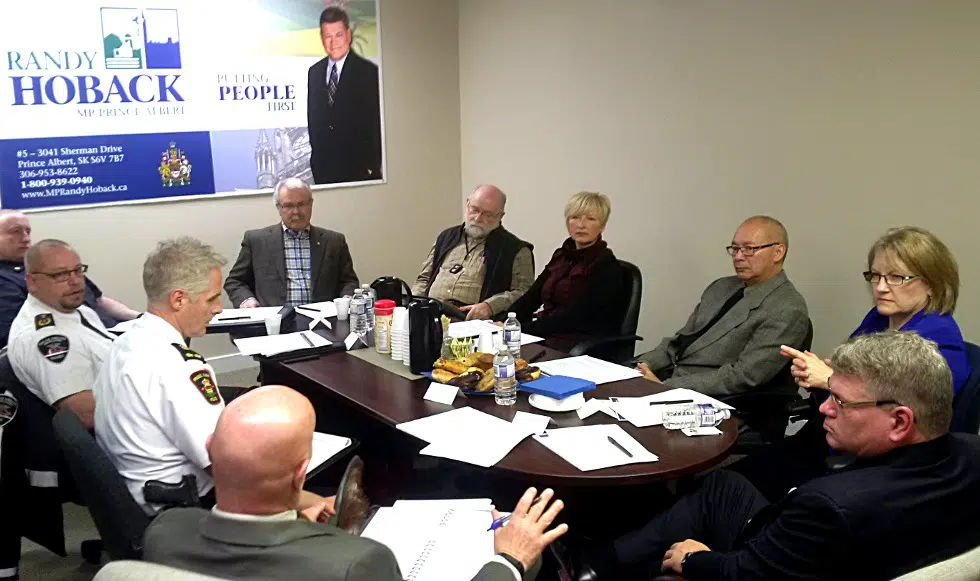
MP dismisses Bill C-51 privacy concerns as ‘hogwash’
After wrapping up a roundtable discussion in Prince Albert to discuss measures included the proposed Anti-Terrorism Act, MP Randy Hoback dismissed concerns about privacy implications of the act.
“You know what, it’s a bunch of hogwash it really is, when you listen to these groups protesting their rights,” Hoback said on Wednesday morning after the discussion that included representatives from the City of Prince Albert, Prince Albert Fire Department, and Prince Albert Police Service.
The bill has garnered criticism for its inclusion of broad plans to enhance the powers of law enforcement to detain suspected terrorism suspects, as well as the powers of the Canadian Security Intelligence Service (CSIS). It was also the subject of a recent nationwide protest in multiple cities, including Prince Albert.
Concerns that such powers could promote profiling are unfounded, in Hoback’s opinion.


